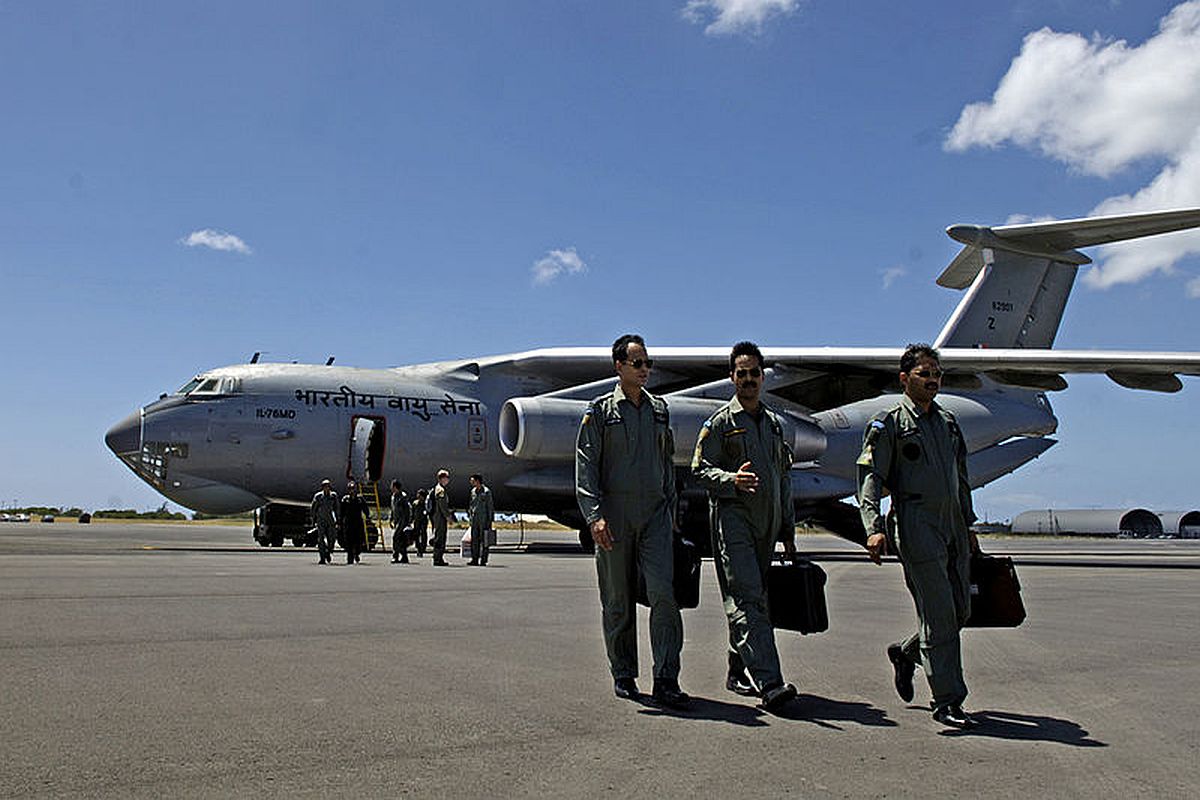Union Defence Minister Rajnath Singh on Tuesday that the recent Balakot strikes prove that the Indian Air Force (IAF) is a technologically advanced and extremely potent force.
He said the offensive strike against terror outfits in Pakistan in the recent past speaks volumes about the reach and lethality of the formidable arm of the Indian Armed Forces.
Advertisement
Singh was speaking at a seminar on indigenisation plans of the Indian Air Force in Delhi.
Further on, Rajnath Singh said the Government has just approved the proposal for providing test facilities of government entities to the private defence sector.
A 12-member high-level committee has been formed by the Union government to revise and align the procedure of Defence procurement with the aim of strengthening the ‘Make in India’ initiative.
The Defence Procurement Procedure 2016 (DPP) is due for revision. Officials said the panel will recommend measures to remove procedural bottlenecks and hasten defence acquisition.
“The defence minister has approved setting up of a committee under the chairmanship of director general (acquisition) to review the DPP 2016 and Defence Procurement Manual (DPM) 2009. The committee will revise and align the procedures with the aim of ensuring a seamless flow from asset acquisition to life cycle support,” the defence ministry said last week.
Apart from director general (acquisition), the panel will have 11 members, not below the rank of joint secretary or equivalent of Major General in the Army.
The committee has been given six months to submit its recommendations.
The government has been maintaining that military modernisation is a major focus area. However, acquisition processes of a large number of military platforms and weapons are not moving forward due to procedural delays.
The terms of reference of the committee include simplifying policy and procedures to facilitate greater participation of Indian industry and develop a robust defence industrial base in the country, and explore ways hasten defence acquisition.
A key mandate of the committee is to recommend measures to promote the government’s policy to promote domestic defence industry and encourage Indian start-ups as well as research and development.
Addressing the seminar, IAF Air Chief Marshal BS Dhanoa said the forces cannot wait for indigenous technology to replace obsolete warfighting equipment and neither will it be prudent to import every defence equipment from abroad.
Replacing our high-end obsolete weapons with indigenously developed ones is what we are focussing on, he said.
Rajnath Singh and IAF chief Dhanoa also launched books on indigenisation efforts of defence equipment by services, at the seminar.











